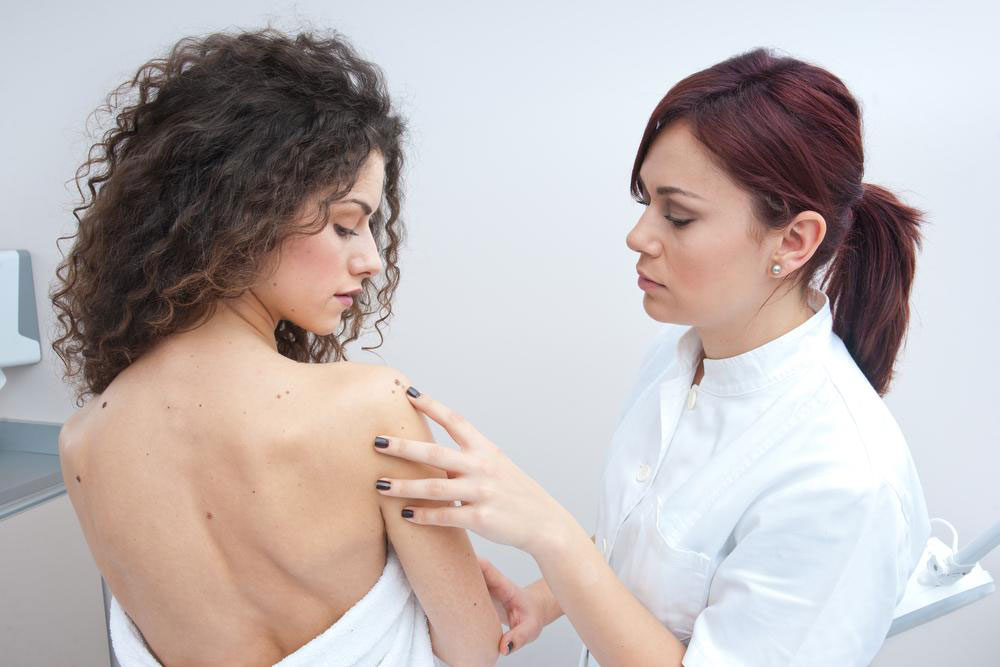Types And Treatment Of Bacterial Skin Infections
We are aware that skin is the largest organ in our human body. It is known to protect the body from infections. Apparently, however, the skin itself can also become infected. There are various reasons of skin being infected. The symptoms also vary depending upon the mild to serious. Moderate infection is treatable with OTC medication or home remedies, whereas the critical infections would be in need of medical attention.

There are approximately four different types of skin infections. Note: There are diverse bacterial skin infections.
- Bacterial skin infections : It usually starts with tiny red bumps that gradually increase the size. Some are mild and can easily be eliminated with topical antibiotics, while the severe ones require an oral antibiotic.
- Viral skin infections : Just the way it says, viral skin infections are caused and infected by a virus. The infections can range from mild to harsh.
- Fungal skin infections : Fungal skin infections are caused by the fungi that are usually generated in a damp location of the human body, like the armpit or feet. Some fungal infections are not life-threatening or contagious. But definitely, it is ideal to monitor the severity.
- Parasitic skin infection : It is developed and caused by a parasite.
Proper medical care and alternative treatments can reduce the symptoms of the skin infection to a large extent. These include:
- Using cold compresses onto the skin possibly a number of times a day, probably more than 5 times would reduce the itching and inflammation.
- OTC antihistamines control the itching.
- Topical ointments or creams also decrease the itching and discomfort.
These kinds of skin contagion are caused by a parasite. Such kinds of infections spread beyond the skin into the bloodstream and other organs in the body. Most parasitic infections aren’t life-threatening but can be prickly.
Treatment for skin infection depends totally on the severity of the infection. Some variety of skin infections gradually improve within weeks with self-care. OTC creams and sprays do work for antifungal skin infection if it’s on a milder side. However, bacterial infections are mostly treated with antibiotics that are advised by a doctor. The doctors, after examining the individual, will probably suggest medicines to control uneasiness like anti-inflammatory drugs.